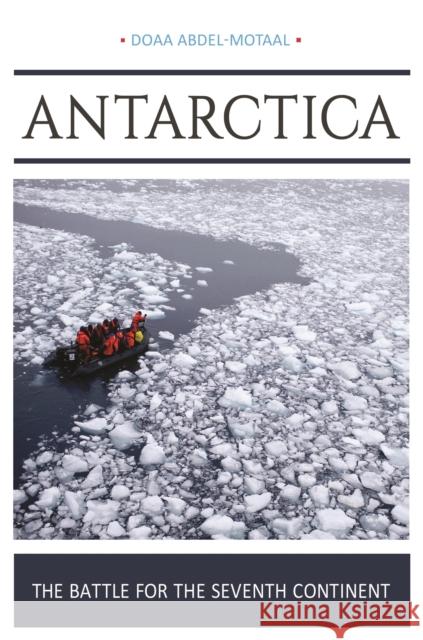Antarctica: The Battle for the Seventh Continent » książka
Antarctica: The Battle for the Seventh Continent
ISBN-13: 9781440848032 / Angielski / Twarda / 2016 / 320 str.
The Antarctic Treaty and related agreements collectively known as the Antarctic Treaty System (ATS) regulate the seventh continent, which is the only continent without a native human population. The main treaty within the ATS came into force in 1961 and suspended all territorial claims in Antarctica. The Antarctic Environmental Protocol followed in 1998 and prohibited any minerals exploitation in the continent. With this prohibition up for review in 2048, this book asks whether the Antarctic Treaty can continue to protect Antarctica. Doaa Abdel-Motaal an expert on environmental issues who has traveled through the Arctic and Antarctic explains that the international community must urgently turn its attention to examining how to divide up the thawing continent in a peaceful manner. She discusses why the Antarctic Treaty is unlikely to be an adequate measure in the face of international competition for invaluable resources in the 21st century. She argues that factors such as global warming, the growth in climate refugees that the world is about to witness, and the increasingly critical quest for energy resources will make the Antarctic continent a highly sought-after objective.Readers will come to appreciate that what has likely protected Antarctica so far was not the Antarctic Treaty but the continent's harsh climate and isolation. With Antarctica potentially becoming habitable only a few decades from now, revisiting the Antarctic Treaty in favor of an orderly division of the continent is likely to be the best plan for avoiding costly conflict."











